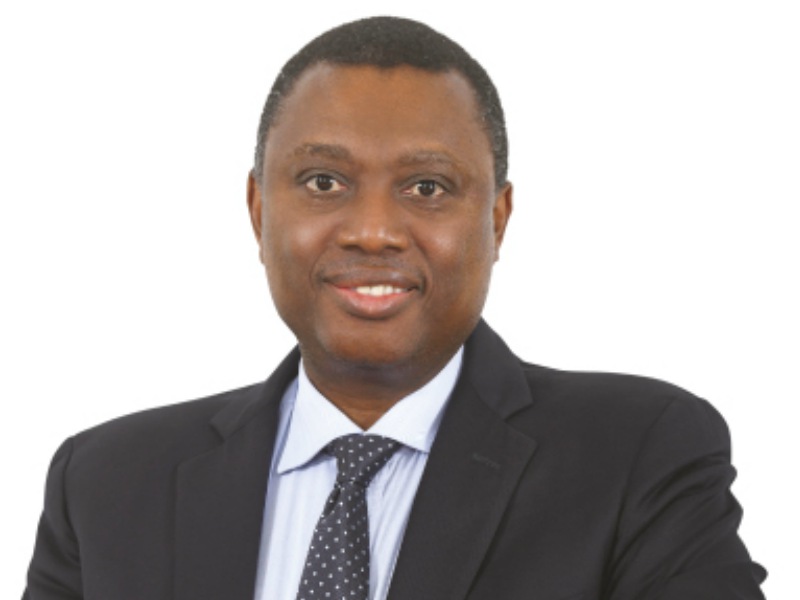Standard Bank Decries Massive Destruction of Branches in South Africa
The Chief Executive Officer of Standard Bank Sim Tshabalala has decried the level of destruction on his bank as a result of the rioting that hit cities across South Africa recently noting that in a matter of days, dozens of Standard Bank’s branches and hundreds of its ATMs were damaged. According to Mr. Tshanalala, even though the country is going through a difficult time, it is important to think of the long term.
Standard Bank closed 81 branches in KwaZulu-Natal and 116 branches in Gauteng, as well as in other parts of the country. Over the past few days, 33 of Standard Bank’s branches and 220 of its ATMs have been damaged in unrest, according to its CEO Sim Tshabalala. “The damage is huge,” he said in response to a question about the impact of riots mainly in Gauteng and KwaZulu-Natal.

Protests related to former president Jacob Zuma’s incarceration escalated into rioting over the weekend. A number of businesses have been looted, property has been damaged and there have been road blockages on the country’s main economic arteries.
A number of businesses have also closed or implemented forces majeures as safety precautions.
Read also:Central Bank Of Nigeria Toughens Rules For Mobile Money Operators Under New Regulations
In terms of damage to infrastructure, a total of 33 branches have been damaged – 20 in KwaZulu-Natal and 13 in Gauteng. A total of 220 ATMs out of 4 200 have also been targeted, said Tshabalala. He added that Standard Bank staff had also been impacted in terms of struggling to access food, petrol and medicine – a reflection of what is happening in the broader environment.
“We have seen no impact yet on liquidity. And we still think it is too difficult to see what damage is suffered from a credit point of view.
“You can imagine certain regions and certain sectors will have severe difficulties in the short to medium term, as a result of the destruction of property, their inability to trade and their inability to have access to warehouses and so forth. So the damage is just huge,” said Tshabalala.
The impact is also seen on customers and the way they are conducting transactions, and the impact on mental health is also apparent, he added.
“Even with all that, it is important for us as leaders to continue to remind ourselves – this too shall pass. We must focus on doing the right thing,” he said. “Even in the most difficult of times, it is important to think of the long term, understand what is possible and make contribution to a greater and better future.”
“What this country and what many countries in the world [have] been through the last 15 or 17 months have been dehumanising and disorientating. And then to overlay it with what we experienced in South Africa in the last few days has been a real hammer blow.”
Munro, however, added it is critical for the economy to function and for businesses to grow.
“We as business leaders need to be resilient and try to rebuild and focus on long term. We must work with authorities to stabilise the situation as fast as we can, support them…” he said.
Kelechi Deca

Kelechi Deca has over two decades of media experience, he has traveled to over 77 countries reporting on multilateral development institutions, international business, trade, travels, culture, and diplomacy. He is also a petrol head with in-depth knowledge of automobiles and the auto industry



